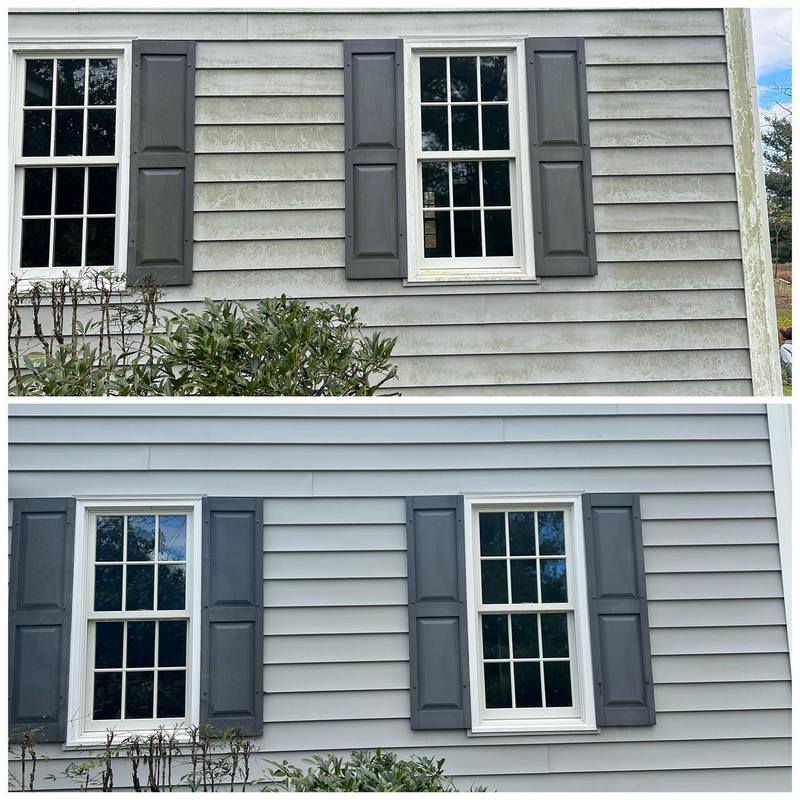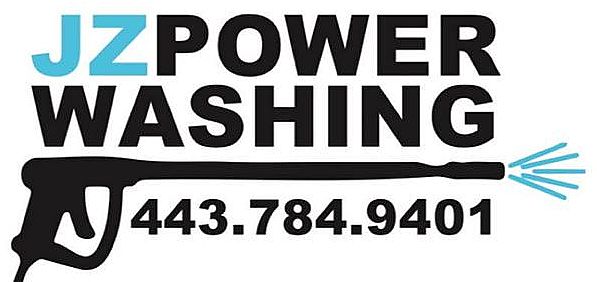
Soft-washing is a specialized cleaning technique designed to remove dirt, grime, mold, mildew, algae, and other contaminants from the exterior of a house. It involves using low-pressure water and specially formulated cleaning solutions to gently and effectively clean various surfaces, such as siding, roofs, decks, and driveways. Here’s a step-by-step explanation of the soft-washing process and why you should have it done regularly:
The Soft-Washing Process:
- Inspection: The soft-washing process begins with a thorough inspection of your home’s exterior. A professional technician will assess the condition of the surfaces, identify areas with heavy dirt or contaminants, and determine the appropriate cleaning solutions to use.
- Preparation: Before starting the soft-washing, the technician will prepare the area by covering sensitive areas that are prone to water damage such as key holes, electrical boxes, outlets, garage door openers, etc.
- Cleaning Solution: Specialized cleaning solutions are applied to the surfaces to be cleaned. These solutions are designed to break down and dissolve dirt, mold, mildew, algae, and other contaminants. The cleaning solution used will depend on the type of surface being cleaned and the specific contaminants present.
- Dwell Time: After applying the cleaning solution, it is allowed to dwell on the surfaces for a specified period. This dwell time is crucial as it allows the solution to penetrate and loosen the contaminants, making them easier to remove.
- Low-Pressure Rinse: A low-pressure water rinse is used to gently remove the cleaning solution and contaminants from the surfaces. The low-pressure rinse is a key feature of soft-washing, as it minimizes the risk of damage to delicate surfaces, such as siding, stucco, and roofing materials.
- Final Inspection: After rinsing, the technician will inspect the cleaned surfaces to ensure that all contaminants have been effectively removed. Any stubborn stains or areas may require additional treatment.
Why Should You Have Your House Soft-Washed Regularly?
- Preventive Maintenance: Regular soft-washing is a form of preventive maintenance for your home’s exterior. By removing contaminants like mold, mildew, and algae before they can cause damage, you can extend the life of your siding, roofing, and other surfaces.
- Curb Appeal: Soft-washing improves the visual appeal of your home. A clean and well-maintained exterior not only looks better but can also enhance the overall value of your property.
- Energy Efficiency: Clean surfaces are more reflective, which can help reduce heat absorption and lower your cooling costs during hot weather. This improvement in energy efficiency can save you money on utility bills.
